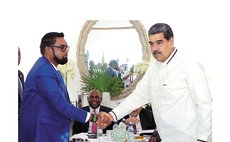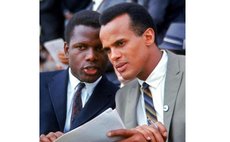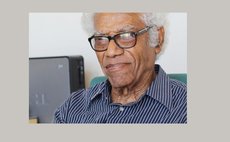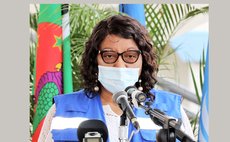Growing a Culture of Criticism
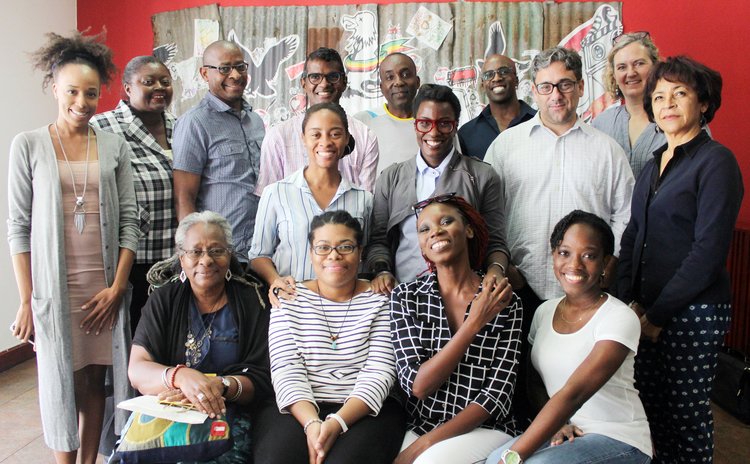
Port of Spain. If one were to consider some of top areas where the Caribbean is well-known for punching above its weight, one could count, in no specific order: sport (particularly of the sprint variety), the professions and the arts.
It can be argued that of these three, the arts remain the region's most under-exploited opportunity for generating revenue. This is evidenced both quantitatively and qualitatively in the allocation of resources and in reporting on the sector.
Mindful of this constraint, the British Council worked in partnership with the Bocas Lit Fest and the Department of Literatures in English at the University of the West Indies, Mona campus, Jamaica, to host a comprehensive workshop in reviewing books/literature and visual arts aimed at Anglophone Caribbean arts writers and culture journalists. From 9 to 13 January, 2017, and based at UWI's Mona campus in the Faculty of Humanities and Education, the workshop brought together a mix of eleven early-career and mid-level professional arts writers from Jamaica, Bahamas, St Kitts & Nevis, Dominica, Barbados and Trinidad & Tobago for five days of high-level, hands-on training.
A thriving arts sector requires culture journalists writing about and reviewing the arts for mass media. Across the Anglophone Caribbean, there is a shortage of trained, experienced arts writers able to instigate interest in our creative forms in the public sphere. This workshop was therefore designed to help emerging arts writers improve the quality of their coverage and contribute to enhanced attention to arts and culture in the media and broader society.
The workshop covered key issues common to writing about all cultural forms while focusing on specific issues relevant to two key areas of the arts: books and literature, visual arts. For example, the role of arts journalism in the cultural ecosystem, the critic's responsibilities to the writer or artist, subjectivity vs. objectivity; opinions vs. fact, ethical and legal issues, and more.
In an effort to expand the NGO's mandate as a literary development agency, Bocas Lit Fest made its first intervention of this kind in September 2016 with its Food Matters food writing workshop held in collaboration with the Ministry of Agriculture, Land and Fisheries.
"We're very grateful to the British Council for making this development opportunity a reality because we need to enhance our cultural environment by giving our critics the tools of the trade. In the maze of information and misinformation, we need some hand-holding in helping make sense of it all, the riches and the nonsense," states Marina Salandy-Brown, founder and director of the Bocas Lit Fest.
The writing workshops form part of an ongoing Bocas workshop series dedicated to covering the local and regional creative landscape; future instalments will focus on film, music, the performing arts and fashion. The website: www.bocaslitfest.com offers on-going information on training opportunities.
